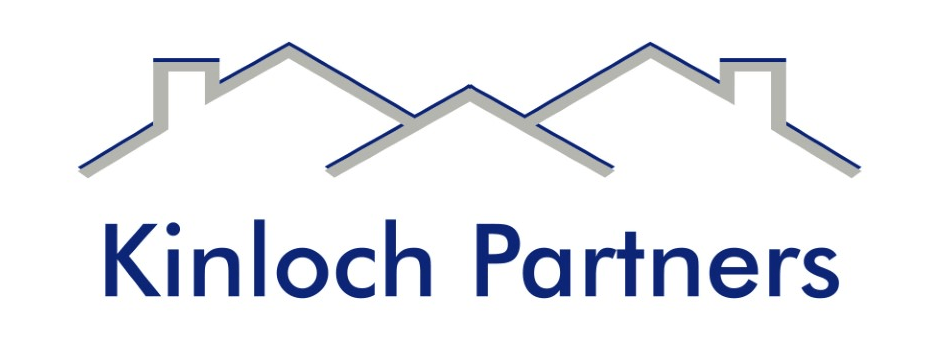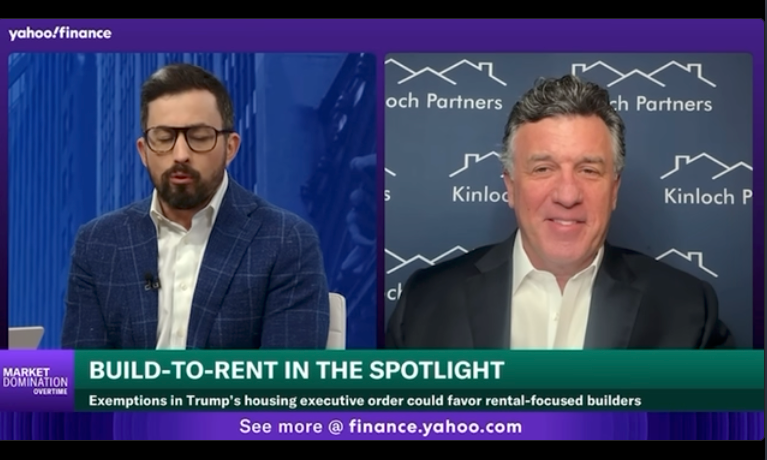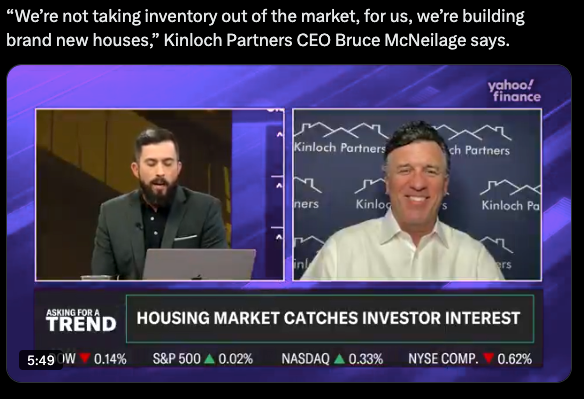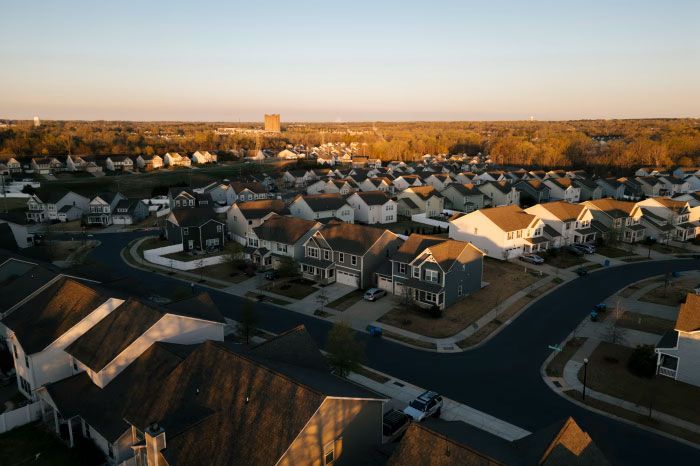Demand for condos soars in Nashville region
It turned out to be a good investment, as well. Five years later, Jacobs is selling her condo and expects to nearly double her money.
“I’m very pleasantly surprised,” she said.
“I’ve already had people contacting me,” said Williams.
Condos are flying off the shelves across the Nashville region, from lakeside residences in Gallatin’s Foxland Harbor neighborhood to Franklin’s Westhaven and Berry Farms master-planned communities.
To meet demand, builders are bringing more to the market. Prices range from $199,000 at Solo Lofts on Dickerson Road and $234,900 at Core Development Services’ planned Segment at Pillow in the Wedgewood-Houston neighborhood to more than $1 million at the new 1212 building on the edge of the Gulch.
Developer Bruce McNeilage expects demand for Solo Lofts to mirror Solo East, the condo development at 1118 Litton Ave. in East Nashville.
“At Solo East, we sold 34 condos in two hours,” said McNeilage, a partner in Harpeth Development.
“There is a strong appetite from buyers. Many people can’t afford a house and are willing to live in a smaller space,” he said.
Core’s plans for Segment in Wedgewood-Houston include 26 flats and eight townhomes. The company expects to begin site work next month at the corner of Merritt Avenue and Pillow Street. Village Real Estate service has begun pre-selling residences.
Flats will range from 742 square feet to more than 1,000 square feet. Some will have rooftop decks or balconies.
In Franklin’s Westhaven community, buyers snapped up condos being built by Ford Custom Classic Homes. The company is building 16 residences in a four-story mixed-use building with commercial space on the first floor.
Regent Homes has built 60 condos in Westhaven in five three-story buildings. In Berry Farms on Franklin’s south side, Regent has built 60 and is developing 16 more. Recently listed prices in Berry Farms range from the high $300,000s to $499,175.
On the shore of Old Hickory Lake, 22 condos are under construction in the Foxland Harbor golf community. A total of 77 are planned. Prices range from $355,000 to $775,000 and sizes range from 1,536 to 2,864 square feet.
Price, location and lock-and-leave convenience are the reasons many people choose downtown condos, said Williams, the Exit Realty Elite co-owner. They are especially popular with musicians and as second homes.
“You can go on the road for a month and everything’s fine. You can’t do that with a house,” he said.
Jacobs, who lived at Encore for five years, enjoyed walking to Predators and Titans games, as well as “all the best restaurants.”
She decided to sell her unit after getting married. She purchased the condo, her first home, for $215,000 in 2012. Prices have risen since then and it is currently listed for $409,900.
“I moved back from college and didn’t want a whole house to take care of. In the past years it’s gone up so much. I think it’s just the growth of Nashville,” said Jacobs.
Marabeth Poole, a Realtor with the LCT Team of Parks Realty, said clients often are looking for a lifestyle.
“For someone buying a condo in Nashville right now, it is the perfect time with all of the exciting growth and change attracting people from all over the world to Music City. Living in a condo in downtown Nashville is the perfect location for walking to restaurants, shops, concerts and sporting events. If you travel, it is a quick ride to the airport,” said Poole.
“For an active, busy life, a condo in downtown Nashville is the perfect solution for easy living, fun night life with great amenities,” she said.











